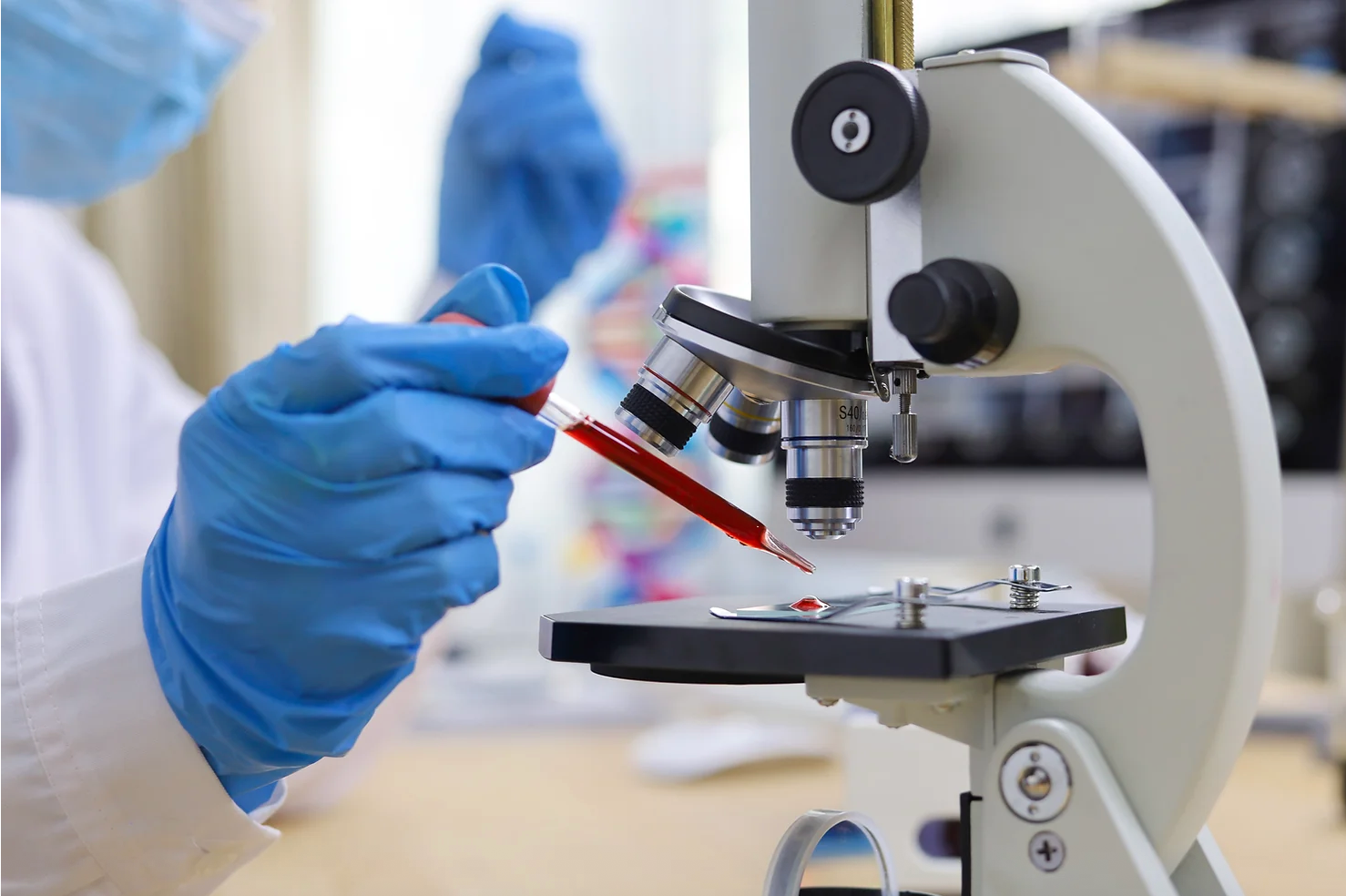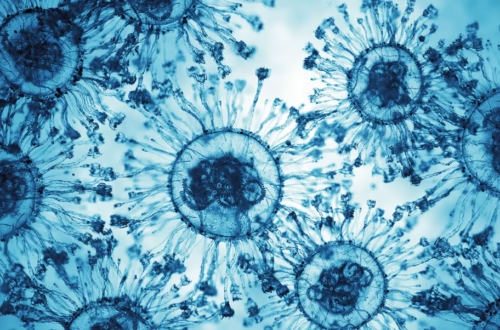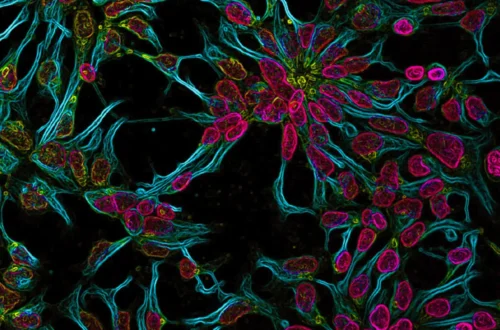The process of discovering and developing a new drug has traditionally taken over a decade and cost billions of dollars. But with artificial intelligence (AI) entering the scene, this timeline is shrinking dramatically. AI is transforming the way we approach drug discovery, making it faster, more efficient, and more personalized. Let’s explore how.
The Challenge of Traditional Drug Discovery
Drug discovery involves a long and complex journey:
- Identifying a target (a protein or gene linked to a disease).
- Screening millions of compounds to find a potential drug.
- Testing its safety and effectiveness in clinical trials.
This process can take 10-15 years and cost upwards of $2 billion. Many promising candidates fail along the way, leading to wasted time and resources.
How AI is Accelerating Drug Discovery
AI is tackling these challenges head-on, transforming every step of the drug discovery pipeline:
- Identifying Drug Targets: AI algorithms analyze massive datasets, such as genetic information and medical records, to pinpoint new drug targets.
- Virtual Screening: Instead of testing compounds in a lab, AI models predict how molecules will interact with a target, saving time and money.
- Drug Repurposing: AI helps identify existing drugs that could treat new conditions, offering a faster route to treatment. A notable example is using Remdesivir, initially developed for Ebola, to treat COVID-19.
- Predicting Outcomes: Machine learning models predict potential side effects and success rates, reducing failures in clinical trials.
AI Success Stories in Drug Discovery
AI’s potential is no longer theoretical—there are real-world examples of its success:
- COVID-19 Vaccine Development: AI played a crucial role in analyzing the virus’s structure and speeding up vaccine development.
- Cancer Treatments: Insilico Medicine used AI to identify a novel drug candidate for fibrosis in less than 18 months—a process that usually takes years.
- Rare Diseases: AI is being used to develop treatments for conditions like ALS and Huntington’s disease, where traditional research methods have struggled.
Beyond Efficiency: Personalized Medicine
AI isn’t just making drug discovery faster; it’s also paving the way for personalized medicine:
- Patient-Specific Therapies: AI analyzes genetic and clinical data to design drugs tailored to an individual’s unique biology.
- Dynamic Adjustments: Machine learning models can adjust dosages and combinations in real time based on a patient’s response.
Challenges and Ethical Considerations
Despite its promise, AI in drug discovery faces hurdles:
- Data Quality: AI relies on high-quality data, but many healthcare datasets are incomplete or biased.
- Transparency: Understanding how AI makes decisions (its “black box” nature) is crucial for regulatory approval and trust.
- Accessibility: How do we ensure AI-driven drugs are affordable and accessible to all?
The Future of AI in Drug Discovery
Looking ahead, AI could completely transform healthcare by:
- Combating Pandemics: Rapidly identifying treatments for emerging infectious diseases.
- AI-Driven Labs: Fully automated labs where AI designs, tests, and refines drugs without human intervention.
- Global Collaboration: Sharing AI models and data across borders to accelerate breakthroughs.
Conclusion
AI is revolutionizing drug discovery, turning what was once a slow and costly process into a faster, smarter, and more precise science. As AI continues to evolve, it holds the potential to not only save time and money but also save lives.
What do you think? Are we ready to trust AI with such critical tasks, or should we proceed with caution? Share your thoughts below!
Subscribe to our newsletter!




